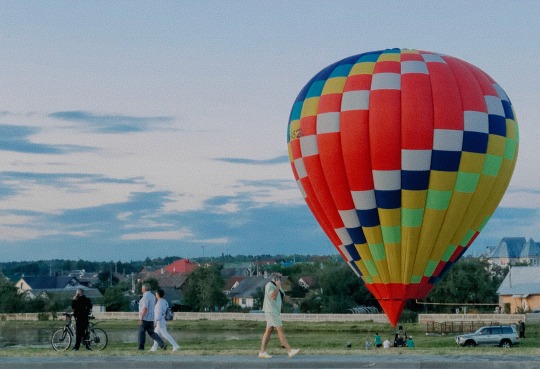Text

Statute of Grand Duchy of Litva (1588) • Статут Вялікага Княства Літоўскага
9 notes
·
View notes
Text

Ліна Дрэйк
«Менск бывае розным: ёсць прыгажэйшае жыццё ў цэнтры – калі глядзіш на людзей і вока не адарваць, а крышку ад'язджаеш – інакш, яшчэ далей ад'ехаў – наогул усё іншае. Менск класны праз тое, наколькі ён розны.»
19 notes
·
View notes
Text
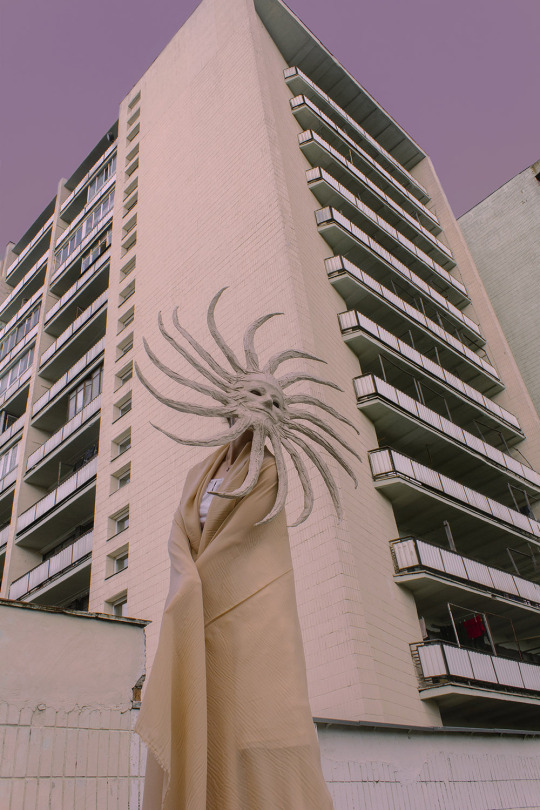
Ліна Дрэйк
«Мне падабаюцца старыя панэльныя дзевяціпавярховікі. Я не магу гэта растлумачыць. Асабліва зараз, у восеньскае надвор'е, калі яны такія старыя, «заплыўшыя» ў дажджы, разводах і падцёках. Шмат у каго гэта выклікае не вельмі прыемныя асацыяцыі – нешта прыгнятальнае, шэрае. Але мне так падабаецца! Я адчуваю сябе ў гэтым як быццам добра. Для мяне гэта самае лепшае.»
18 notes
·
View notes
Text
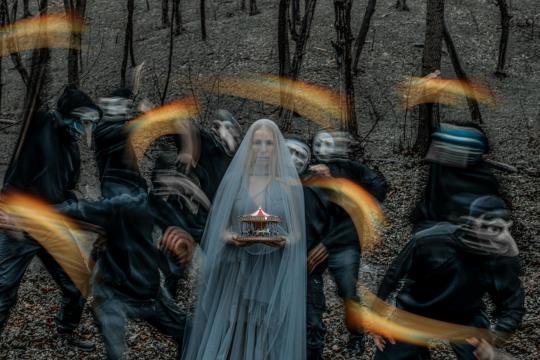
King Stakh’s Wild Hunt
“Based on the 1964 novel by Uladzimir Karatkievich, it has a classic storybook framework: set in the 19th century and told by an elderly Belarusian ethnographer, Andrey (Andrei Bondarenko), it recounts his youthful encounter with Nadzeya (Tamara Kalinkina), a woman of noble birth who is trapped by a family curse. It was laid, generations ago, by King Stakh who, with his men, was duped into drinking poison by her ancestor and who all now stalk the grounds as violent spectres.
The visual stagecraft (set design by Nadya Sayapina and Khalezin), is just as ravishing. An occasional u-shaped front screen gives the action the gauzy hue of a snow-globe, enhancing its storybook Gothicism so that characters resemble figurines from a music box. But alongside is the modernity of a back screen with cuts of film (video design by Dmytro Guk) so that we see the sharp bends in the house on screen as characters move through it on stage.”
2 notes
·
View notes
Text
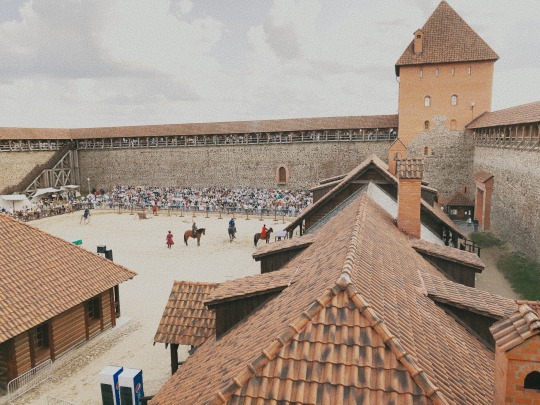
Lida Castle, Belarus
24 notes
·
View notes
Text

Беларуская дзяржава Вялікае Княства Літоўскае ❖ Мікола Ермаловіч
4 notes
·
View notes
Photo
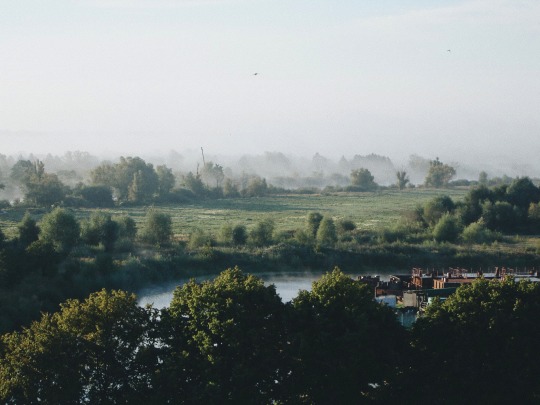
Pina river ❖ Pinsk, Belarus
20 notes
·
View notes
Photo

“Transplanted Minsk residents pointed out the different people at the tables: an opposition politician eating a burger, a youth activist drinking a beer, Minsk’s best-known society photographer snapping pictures with one hand while holding a glass of white wine in the other.
Levon Halatrian, one of the bar’s owners, ran a bar in Minsk before the 2020 elections, when he joined the campaign team of opposition leader Viktor Babariko, who was jailed and barred from running in the August vote.
Halatrian was also jailed after the protests, and spent some months in prison before being transferred to a labour camp. He arrived in Warsaw in January and opened Backdoor Bar in March, together with two others who ran a bar of the same name back in Minsk.”
“About 80% of our guests are Belarusians, most of the rest are Ukrainians. Occasionally a lost British tourist will wander in, or sometimes even a Pole,” he said.
❖ The Guardian
1 note
·
View note
Photo

The tech workers exiled from Europe’s last dictatorship ❖ Rest of World
“Rest of World visited two cities, in Lithuania and Georgia, that are now home to sizable Belarusian tech communities. Their members have to navigate living abroad while not antagonizing the Lukashenko regime, which they fear might cause trouble for friends and family or threaten their own ability to visit home. Companies, too, have been forced to walk the tightrope of having teams inside and outside the increasingly isolated country. Tech workers told Rest of World they fear Belarus’ political situation will only deteriorate further.”
1 note
·
View note
Photo
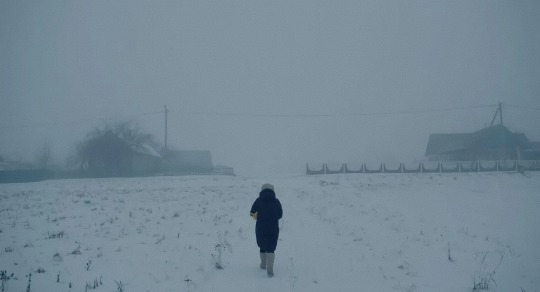
Motherland • 2023
“Slow-burn, depth-charge doc follows a young Belarusian embarking on compulsory military service and a mother seeking justice for her son, who died during his.”
“Belarus may not be at war, but as the quietly, elegiacally agonized “Motherland” demonstrates, this nation of “peaceful people” is hardly at peace either.” ❖ Variety
1 note
·
View note
Photo


Disco Boy • 2023
“Giacomo Abbruzzese’s drama follows Belarusian Aleksei on his journey into the French Foreign Legion and a very strange epiphany in the Niger Delta.”
“Franz Rogowski, a German actor who always brings a compelling sort of chemical instability to his films (like a piece of smoking sodium exposed to the air), here plays Aleksei, a guy from Belarus who has arrived in Poland with his buddy Mikhail (Michal Balicki) and a bunch of other Belarus nationals on a short tourist visa, supposedly to see a football match. But first chance they get, these two sneak off the bus, hitch a lift from a friendly truck driver heading west and then get into France, a terrifyingly dangerous and illegal journey across water which is to have an eerie echo with Aleksei’s professional life.” ❖ The Guardian
4 notes
·
View notes
Photo

“Belarusian was already significantly different from Russian and other Slavic languages when it was first mentioned. Historical documents in the Belarusian language first appeared after the Belarusians adopted Christianity. In 986, Icelandic missionary Thorvald Konradsson baptized the Belarusian lands. Even then, however, the Belarusians rejected the rules of the Old Church Slavonic language in favor of their own. Later, in the 13th-16th centuries, Belarus was part of the Grand Duchy of Lithuania, Europe's largest state since the 14th century. In addition to the Belarusian lands, the principality included the territories of the modern Baltic states, as well as parts of Ukraine, Russia, and Poland.”
“A key figure in the history of the Belarusian language is Francysk Skaryna, who played a huge role in the birth of the entire East Slavic book printing. His name is mentioned on par with such famous figures of the European Renaissance as Leonardo da Vinci, Raphael, and Jan Amos Komensky. Francysk Skaryna went down in history as the “father of Eastern European book publishing” for printing the first Bible in Old Belarusian in 1517. This is how Belarusian became the first East Slavic language in which book printing began. Francysk Skaryna’s legacy numbers 520 books, many of which are in Russia, Poland, the Czech Republic, and Germany.”
❖ A nation made speechless: A chronicle of the Belarusian language destruction, from the Bolsheviks to Lukashenko
2 notes
·
View notes
Photo

“The Belarusian Arabic alphabet or Arabitsa was based on the Arabic script and was developed in the 16th century. It consisted of twenty-eight graphemes, including several additions to represent Belarusian phonemes not found in the Arabic language.” ❖ Wikipedia
18 notes
·
View notes
Photo

“We have different languages, but a single history, and it shouldn’t be divided,” says Smantser, the Belarusian who now lives in Canada and strongly identifies with the Grand Duchy of Lithuania. He tells me that he empathizes with the Lithuanians’ attachment to their history more than he once did. “But the stance ‘it’s us, only us and no one else’ is a sign of weakness.” ❖ Coda Story
1 note
·
View note
Photo
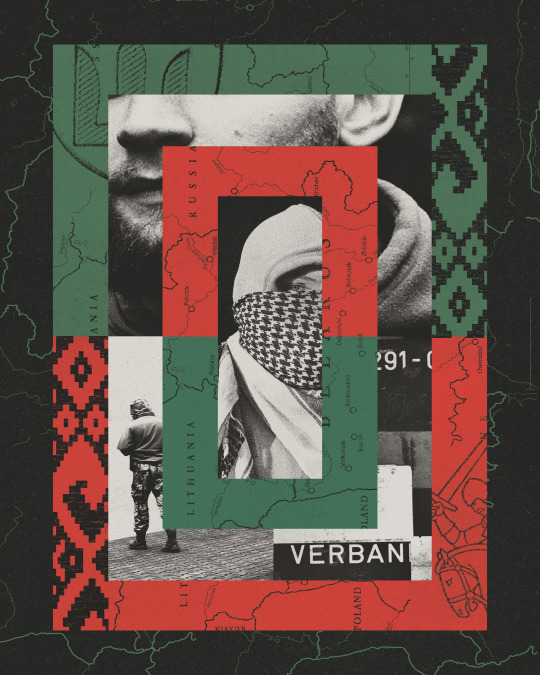
“A band of Belarusians is resisting the threat of a neo-Soviet empire by taking up arms in Ukraine.” ❖ The Atlantic, illustrations by Joan Wong.
3 notes
·
View notes
Photo
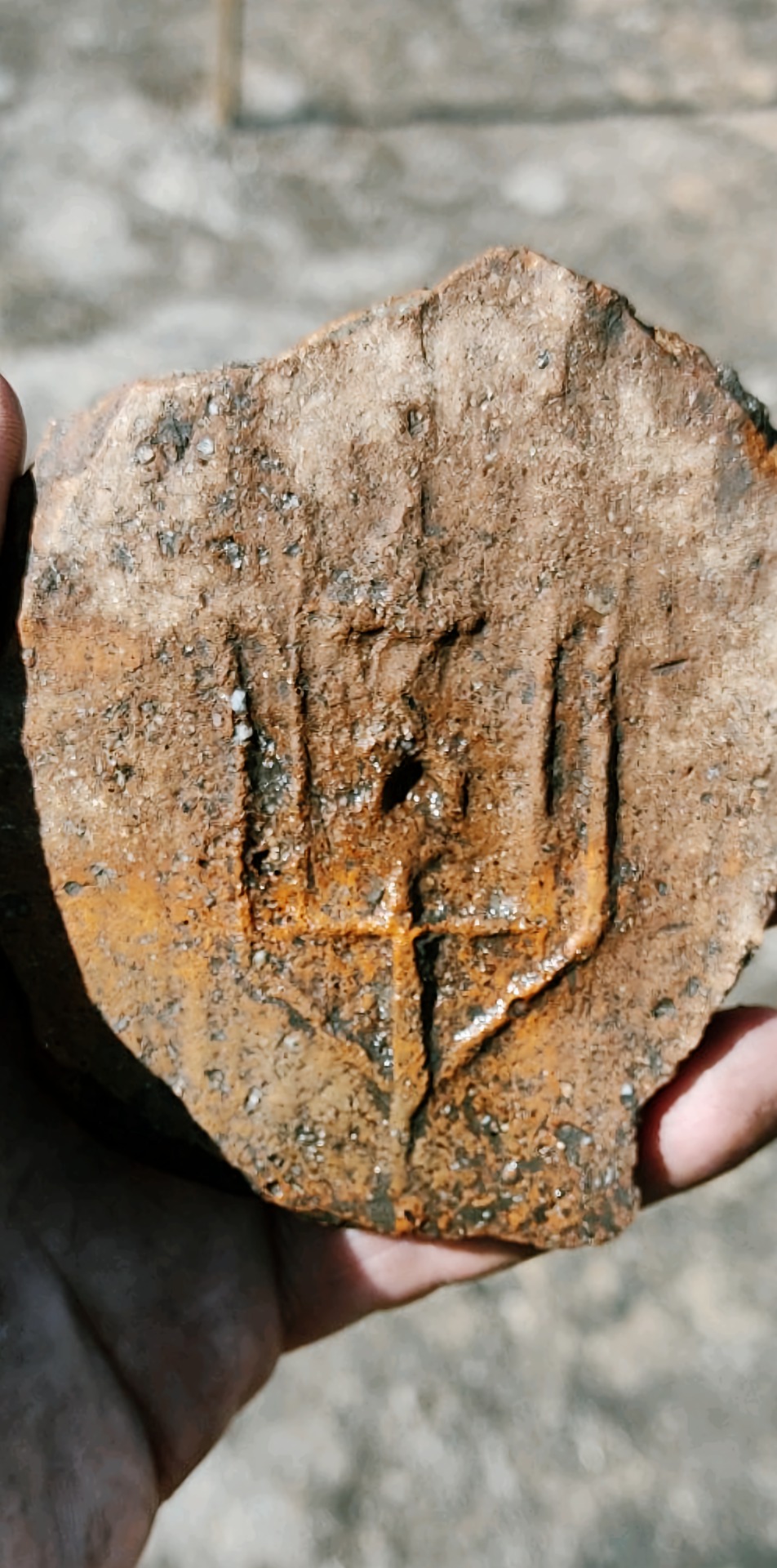
Герб князя Ізяслава.
Ізяслаў Уладзіміравіч — князь полацкі (каля 988—1001, першы з Рурыкавічаў, заснавальнік роду Ізяславічаў). Сын кіеўскага князя Уладзіміра Святаславіча ў яго шлюбе з полацкай князёўнай Рагнедай Рагвалодаўнай.
4 notes
·
View notes
